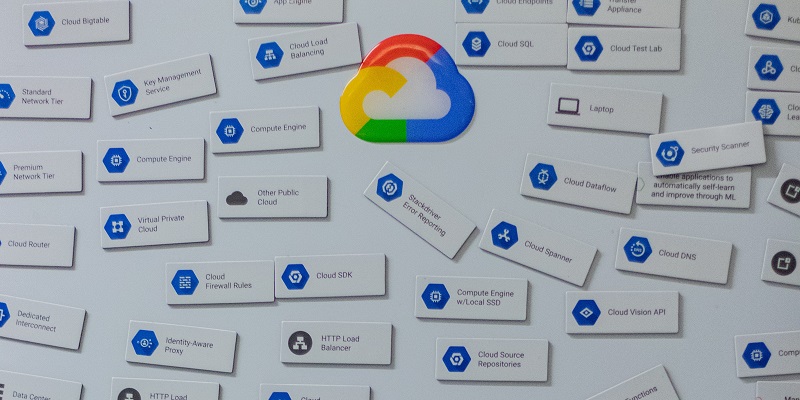The healthcare industry is constantly challenged by workforce shortages, burnout, and administrative burdens. To address these pain points and revolutionize the sector, Google Cloud has unveiled powerful generative AI capabilities. These innovations aim to streamline processes, alleviate staff pressures, and enhance patient outcomes in the healthcare and life sciences industry.
Medically tuned generative AI-powered search capabilities
Google Cloud’s generative AI-powered search capabilities are set to transform the way healthcare professionals access and analyze critical data. By connecting clinical notes, data from the Fast Healthcare Interoperability Resources (FHIR) protocol, and other clinical sources within the Vertex AI platform, healthcare providers will have a comprehensive and integrated search system at their fingertips.
These search capabilities work synergistically with Google’s healthcare-focused large language model, Med-PaLM 2. By leveraging the power of Med-PaLM 2, healthcare professionals gain access to a wealth of outside sources and patient medical records, accelerating information retrieval and enhancing decision-making processes.
Cloud providers targeting the healthcare industry
Recognizing the immense opportunities in the healthcare sector, cloud providers are deploying specialized tools to cater to the unique needs of healthcare organizations. Google Cloud’s generative AI capabilities represent a strategic move to capture market share and support the digital transformation of the healthcare industry.
Microsoft and Oracle, among other cloud providers, have also made their foray into generative AI tools for healthcare. Microsoft’s offerings focus on assisting patients, optimizing scheduling procedures, and empowering administrative chatbots. Oracle aims to improve diagnostic capabilities and treatment prescriptions, tailoring its services to the healthcare industry.
Application of Google Cloud’s Generative AI search capabilities
The Mayo Clinic, world-renowned for its commitment to advancement in medicine, has expressed its intention to employ Google Cloud’s generative AI search capabilities in Vertex AI. By utilizing these cutting-edge tools, the Mayo Clinic aims to leverage data to support a wide range of applications, driving innovation and improving patient care.
The potential applications of Google Cloud’s generative AI search capabilities are boundless. From accelerating research in clinical trials to creating personalized treatment plans based on comprehensive patient data analysis, these capabilities promise to reshape the healthcare landscape.
Security Considerations for Generative AI in Healthcare
While generative AI presents tremendous opportunities for increased efficiency in healthcare workflows, ensuring the security and privacy of patient data remains paramount. Google Cloud’s question-and-answer conversational search applications adhere to the same rigorous security protocols as other tools offered by the company in the healthcare industry.
Customer data is diligently protected through Google Cloud’s robust infrastructure and secure data storage, enabling compliance with the Health Insurance Portability and Accountability Act (HIPAA). With Google Cloud’s commitment to data privacy and security, healthcare organizations can confidently deploy these generative AI capabilities while upholding the highest standards of patient confidentiality.
Google Cloud’s generative AI capabilities have the potential to revolutionize the healthcare and life sciences industry. By providing medically-tuned search capabilities, these innovations offer healthcare professionals a seamless and comprehensive approach to accessing and analyzing critical data. With support from other cloud providers such as Microsoft and Oracle, the transformation of the healthcare landscape is well underway.
As the Mayo Clinic plans to leverage these capabilities for data-driven applications, the impact on patient care and research advancements is expected to be profound. However, it is crucial to ensure that generative AI solutions meet rigorous security requirements and comply with industry regulations. With Google Cloud’s robust security protocols and emphasis on privacy, healthcare organizations can confidently utilize these tools to drive efficiency, improve outcomes, and usher in a new era of healthcare excellence.

